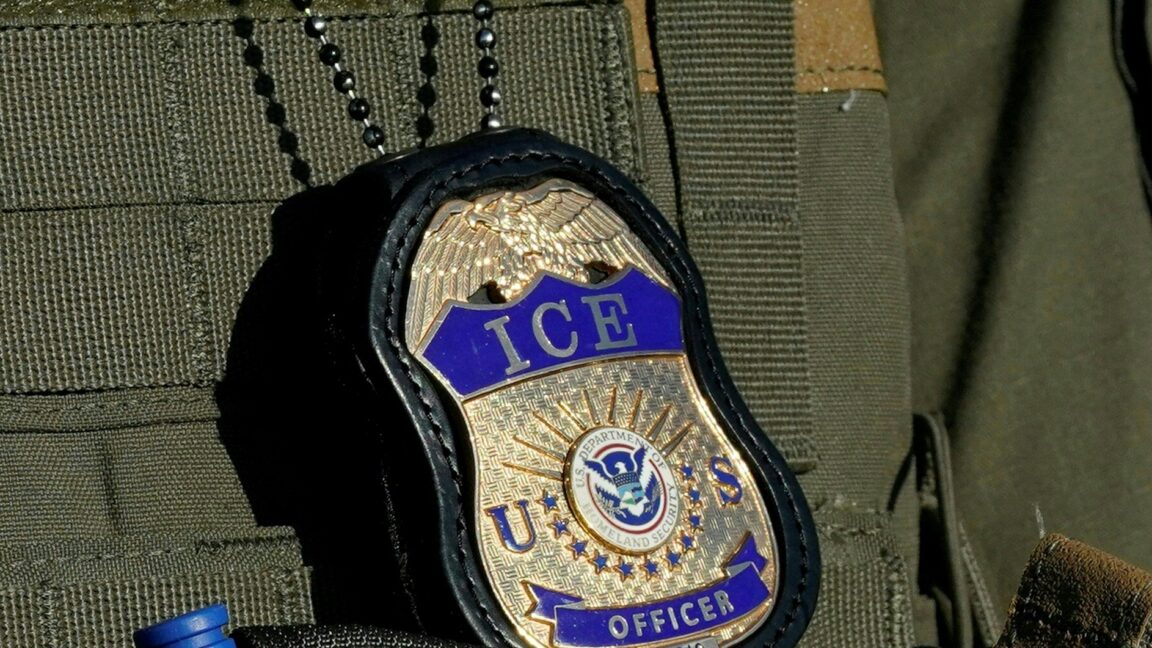
""Biometric data used to identify individuals through TVS are collected by government authorities consistent with the law, including [when] issuing documents or processing illegal aliens," the CBP statement said. "The Mobile Fortify Application provides a mobile capability that uses facial comparison as well as fingerprint matching to verify the identity of individuals against specific immigration related holdings.""
""face surveillance in general, and this tool specifically, was already a dangerous infringement of civil liberties when in the hands of ICE agents. Putting a powerful surveillance tool like this in the hands of state and local law enforcement officials around the country will only further erode peoples' Fourth Amendment rights, for citizens and non-citizens alike. This will further erode due process, and subject even more Americans to omnipresent surveillance and unjust detainment.""
""The purpose of this rule is to establish a standard and provide notice that every individual filing or associated with a benefit request, other request, or collection of information is subject to the biometrics requirement, unless DHS exempts a category of requests or individuals, or a specific individual," the proposal said. "This includes any alien apprehended, arrested or encountered by DHS in the course of performing its functions related to administering and enforcing the immigration and naturalization laws of the United States.""
Customs and Border Protection says biometric data used through TVS are collected by government authorities consistent with law, including when issuing documents or processing illegal aliens. The Mobile Fortify Application uses facial comparison and fingerprint matching to verify identities against immigration-related holdings. The Electronic Frontier Foundation warns that face surveillance and this tool pose dangerous infringements of civil liberties, risk eroding Fourth Amendment protections and due process, and could subject more people to omnipresent surveillance and unjust detainment. The Department of Homeland Security proposes rule changes to expand biometric collection and use, open for public comment until January 2, 2026.
Read at Ars Technica
Unable to calculate read time
Collection
[
|
...
]